ECTS:
6
Περίγραμμα Μαθήματος

e-Class
Η περιπλοκότητα των προβλημάτων μάρκετινγκ που καλείται να επιλύσει ο σύγχρονος μάνατζερ έχει αυξηθεί σημαντικά τα τελευταία χρόνια, το ίδιο και η ανάγκη για λύσεις αποτελεσματικές και μετρήσιμες. Το ψηφιακό μάρκετινγκ αλλά και η δημιουργία περιεχομένου στο διαδίκτυο από καταναλωτές και χρήστες προϊόντων και υπηρεσιών καθιστά τη διαδικασία λήψης αποφάσεων στρατηγικού μάρκετινγκ πολύ-παραμετρική και περίπλοκη. Το μάρκετινγκ διαχρονικά στοχεύει τόσο στην μεγιστοποίηση της ικανοποίησης του πελάτη από το παρεχόμενο προϊόν ή υπηρεσία, όσο και στην βελτιστοποίηση της διαχείρισης των πόρων της εταιρείας με στόχο την κερδοφορία για τον οργανισμό και τους μετόχους του. Η σύγχρονη ψηφιακή εποχή μπορεί να καθιστά τη διαδικασία της λήψης της αγοραστικής απόφασης πιο σύνθετη και πιο κατακερματισμένη από ποτέ, παράλληλα όμως δίνει τη δυνατότητα ακριβούς μέτρησης της αποτελεσματικότητας των αποφάσεων προώθησης ενώ ταυτόχρονα απλοποιεί τη διαδικασία της έρευνας αγοράς αλλά και την καθημερινή αλληλεπίδραση με τον πελάτη.
Το μάθημα του μάρκετινγκ θα δώσει τη δυνατότητα στους φοιτητές να μελετήσουν μεθόδους και εργαλεία με τα οποία οι σύγχρονοι μάνατζερ δημιουργούν αξία για την επιχείρησή τους, ικανοποιώντας καλύτερα από τον ανταγωνισμό τις ανάγκες και τις επιθυμίες των πελατών τους, αυξάνοντας τις πωλήσεις και διευρύνοντας το πελατολόγιο της επιχείρησης τους. Θα παρουσιαστεί η λειτουργία του μάρκετινγκ στα πλαίσια του σύγχρονου επιχειρηματικού περιβάλλοντος, αναλύοντας θέματα πολιτικής προϊόντος, προώθησης και προβολής, διανομής και ανταγωνιστικής κοστολόγησης.
Επιπλέον, μέσα από σχετική βιβλιογραφία, συζητήσεις και ασκήσεις μέσα στο αμφιθέατρο και μελέτες περίπτωσης (case studies), θα δοθεί η ευκαιρία στους φοιτητές να αξιολογήσουν επιχειρηματικές πρακτικές και να συζητήσουν στρατηγικές μάρκετινγκ ικανές να σταθούν και να λειτουργήσουν στα πλαίσια της αγοράς του σήμερα.
Καθηγητές
Επιλέξτε για να δείτε περισσότερες πληροφορίες για κάθε καθηγητή.
| Όνομα | Τίτλος | |
|---|---|---|
| Ρηγόπουλος Κωνσταντίνος | Επίκουρος Καθηγητής | krigopou@econ.duth.gr |

